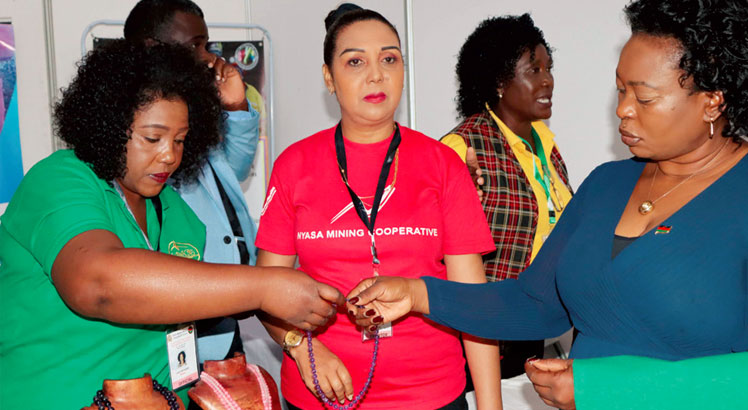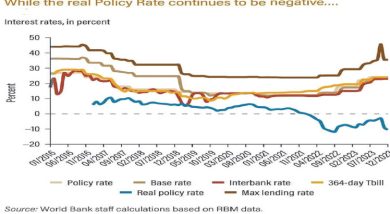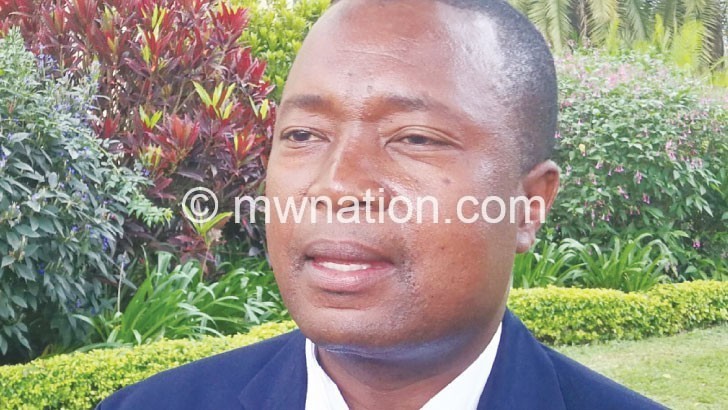‘Use mining to promote economic inclusion’
Stakeholders in the local mining sector have urged government to secure investment in exploration and extraction of mineral resources to maximise gains from it.
The sentiments come amid concerns that local and foreign investors cannot finance large-scale mining projects.
Speaking at the inaugural Mining Investment Forum in Lilongwe, Lotus Malawi managing director Keith Bowes said Malawi has a plethora of mineral resource but lacks financing because it is deemed a high-risk mining destination for international investors.
He said: “Malawi’s mining sector is still in its nascent stages of development, as such, there is limited information for investors to base investment decisions on.

“Investors may want to check how the country has managed crises in the past such as handling forex crises.”
Bowes said there are also delays in securing mining development agreements [MDAs] which have limited their capacity to generate the funds [about $150 million] they need to re-open the mine.
The expatriate miner, whose firm owns mining rights to Kayelekera Uranium Mine in Karonga District, said the government would have to invest in exploration of mineral resources that are in high demand such as rare earth and uranium to generate financing for mining.
Said Bowes: “If the government and investors operating locally cannot secure investment, we can explore options to invest through the Malawi Stock Exchange [MSE] where private companies can list and the public can buy shares, this would encourage local participation in the mining sector.”
Speaking separately, Natural Resources Justice Network programme manager Joy Chabwera said government should take the initiative to invest in exploration and leverage the mining sector’s resources to promote human development.
“Beyond setting the law, regulations and policies, we want to assess the level of investment and budget allocations made to the key MDAs involved in the mining sector. We also want accountability on labour practices and tax collection,” he said.
Chabwera further urged the government to leverage its mining resources to contribute to human capital development by using proceeds from mining projects to develop social services such as schools and hospitals to improve livelihoods in the local communities.
The government has recently established the National Mining Company to secure a foothold in the mining industry as part of its broader objective to increase the contribution of the mining sector to 10 the percent of gross domestic product (GDP) by 2030 from one percent currently.
The Kayelekera Mine, the only large-scale mining institution in Malawi, is expected to create 450 direct jobs, employ about 250 contractors and an estimated 5 000 indirect employees in supporting activities.
Malawi currently has the largest known deposit of rutile at Kasiya in Lilongwe and Dowa.
According to Sovereign Metals Limited, the mine has the potential to be a source of the lowest cost producers of natural rutile and natural graphite with a carbon-footprint substantially lower than current alternatives while significantly contributing to the social and economic development of Malawi





